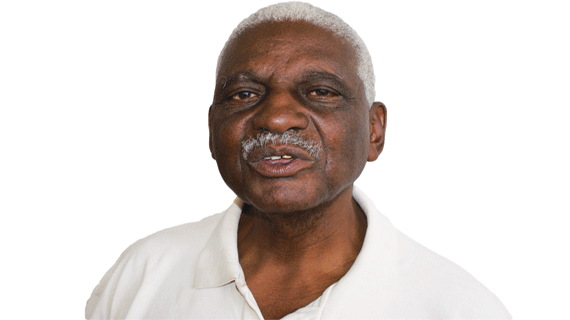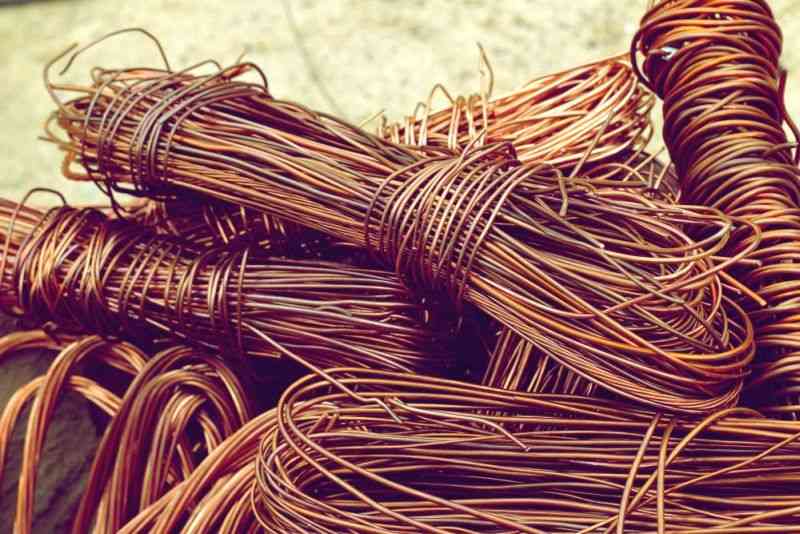
UKUHLONIPHA is a vital social obligation among the Ndebele.
It is required of all ages of people, young and old. One who does not show respect is in turn not respected by others. There are two dimensions of respect, namely, self-respect and respect for other people. Both kinds of respect are relational.
Self-respect places the person among his people and requires him/her to recognise his position in relation to them. How is he regarded by them as his worth in accordance with how he conducts himself before and among others generally?
A whole complex of his personal attributes contributes to his worth, but this may be defeated by how he conducts himself in relation to the people he interacts with.
This personal worth will be enhanced by a positive and congenial manner towards other people and more so towards self. The individual may have a full awareness of how he conducts himself and so be inclined on the positive side that will not offend other people.
A person of an unkempt appearance, of a rowdy manner, who spews foul language and other anti-social forms of behaviour cannot be said to respect himself and to have much worth in society. To respect yourself is to restrict yourself by refraining from those actions that will devalue your social worth.
When the Ndebele say “Kasuye muntu loyana” they are passing a strong indictment against an individual. In simpler terms, “Kazihloniphi”. He has no self-respect. In more practical language, “Umdala ukhuluma okubolileyo elekanise inhlamba (foul- mouthed), being a sugar-daddy, (ukhombisa ontanga yabantwabakhe), Yisidakwa sothu . . . (a sot) esihamba siphumputha indlela, umfazi othwal’izindaba ( a shameless gossip), umfazi olwa kudabuke amapitikoti kubangwa amadoda. Mpthu! What is such a person’s worth in society? Without this thing called self-respect you are nothing. Ulula nje njengosiba lwejuba.
Respect for other people encompasses a far wider field than self-respect, but is no more important.
- Chamisa under fire over US$120K donation
- Mavhunga puts DeMbare into Chibuku quarterfinals
- Pension funds bet on Cabora Bassa oilfields
- Councils defy govt fire tender directive
Keep Reading
Remember the adage: “Charity begins at home.” You begin with yourself, then you can adequately respect other people. In Ndebele culture the reason for respecting other people is that they are not less important than you are. They deserve as much respect from you as you also deserve it from them. Just a short quick greeting reveals how the others regard you. “Good morning, Mr Dube !” “Hmm . . . Morning” in slurred or mumbled fashion. He does not even look at you. After all, who are you but just a louse (intwala).
“Excuse me, Mrs Ndlebe!”
“What do you want? I’m busy!” Simple exchanges like these mean a lot. What harm does it do Mrs Ndlebe to say: “Yes, can I help you?” In Ndebele you could simply say, “Yebo, Soneni, ngikuncede ngani?” To say “ufunani?” is disrespectful.
The tone and the language that you use betrays your sense of respect: “Yeyi lina bafazi elihlezi egumeni lapho, sukani lapho masinyane.” This brings us to a very important and characteristic Ndebele form of respect. We will call it the hlonipha language, for that is what it is. Some people call it euphemism. A foreigner will innocently say “Lo ngumfazi wami,” and it is grammatically correct. But to a Ndebele speaker this is very discordant; it jars. Hlonipha language says: “Ngumkami.”
“UMaDlodlo ufike ehamba lomfazi kaZondo.” No, please young people, no! Hlonipha Ndebele has created so many euphemistic terms and expressions such as: “Ukhululekile, uzithwele; utshaywe waze wazitshiya; uJohane ulala ethambisa ebusuku; uDubekile kaziphathi kumbe ulamehlomehlo ; ukhulu usuthi yikho ephumputha indlela; inkunzi zixotsha yiphi bafana? And hundreds other such beautiful expressions. A direct challenge to somebody “Ulamanga, “is unacceptable. And don’t ever use such a crude expression as “Uthini kimi? Ngizakulungisa, uzakunya lamuhla!” Mayebabo! The use of these expressions shows that you do not respect yourself and you do not respect the other person.
However, hlonipha language should not be over-stretched. Uyihlo nguyihlo, but is not ubaba wakho and unyoko ngunyoko and not umama wakho. An older person says: “Uyihlo ngimbone esiya emasimini. Unyoko utshone ngakithi izolo. Ufike ubone unyoko not umama wakho. A young person says ubaba uSekaNgcili.
First names of adults are not generally used in Ndebele. Surnames are used instead: Akuze ngapha Sibanda. Or, a man is designated by his first born, SekaSositshi and the mother NakaDibha. In fact, a married woman’s first name is taboo so that some children don’t even know their mother’s name. She is MaNyoni, MaNkonjeni, MaNyandeni, etc.
Some forms of respect are rural, that is to say, they are observed more in the rural areas than in urban centres. It is disrespectful for one to enter a homestead riding your bicycle. Get down and push it and lean it against a tree, a pole or a wall.
Then khuleka, “Ekuhle!” and you qotshama (squat) or sit down on whatever. If there is nothing to sit on then sit on the ground.
Standing is considered disrespectful. A visitor remains silent until he/she is greeted; you don’t greet, but you respond to their greeting. You do not enter the house/ hut until you are invited to do so. Don’t usher yourself to a vacant stool/ chair or pull one to sit on. Squat or sit on the floor.
The story is much wider than this. Next we will explore ukuhlonipha of adults towards their surviving parents and then that of husband and wife.










